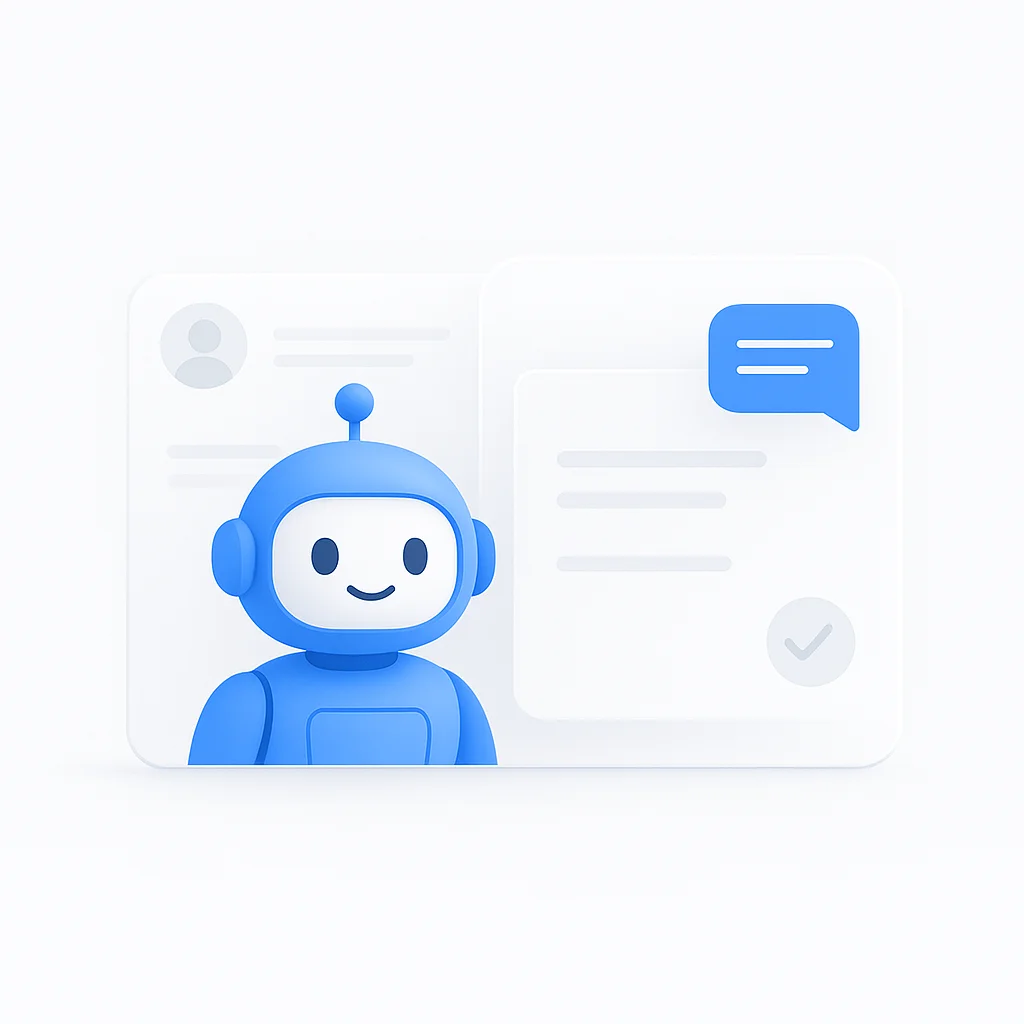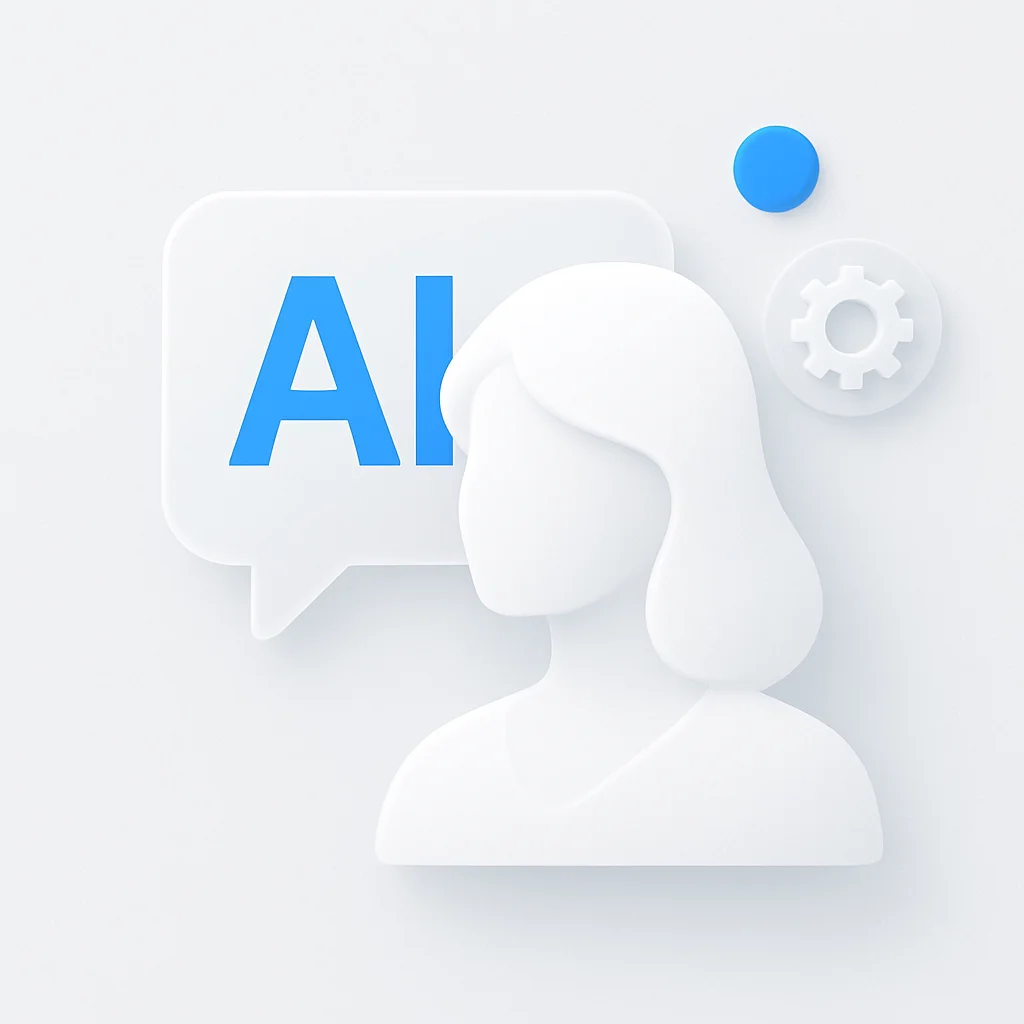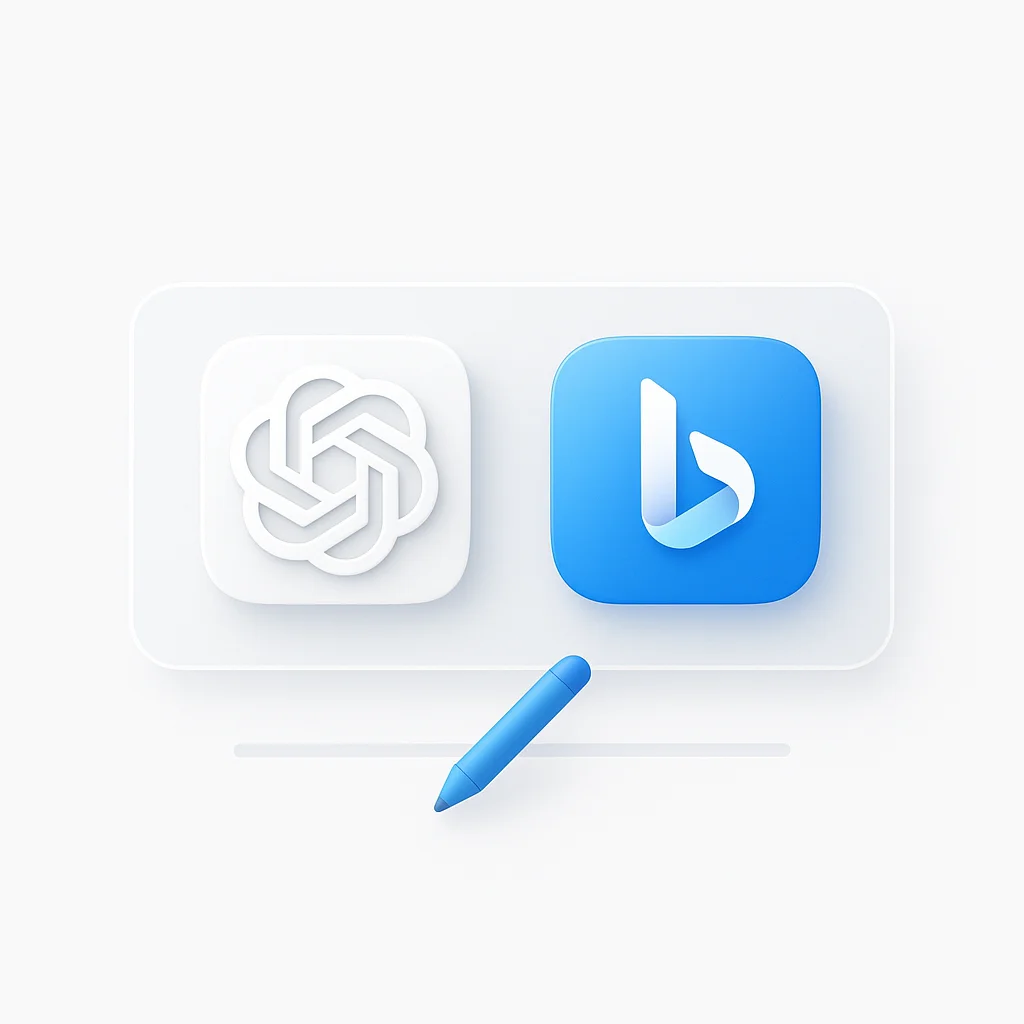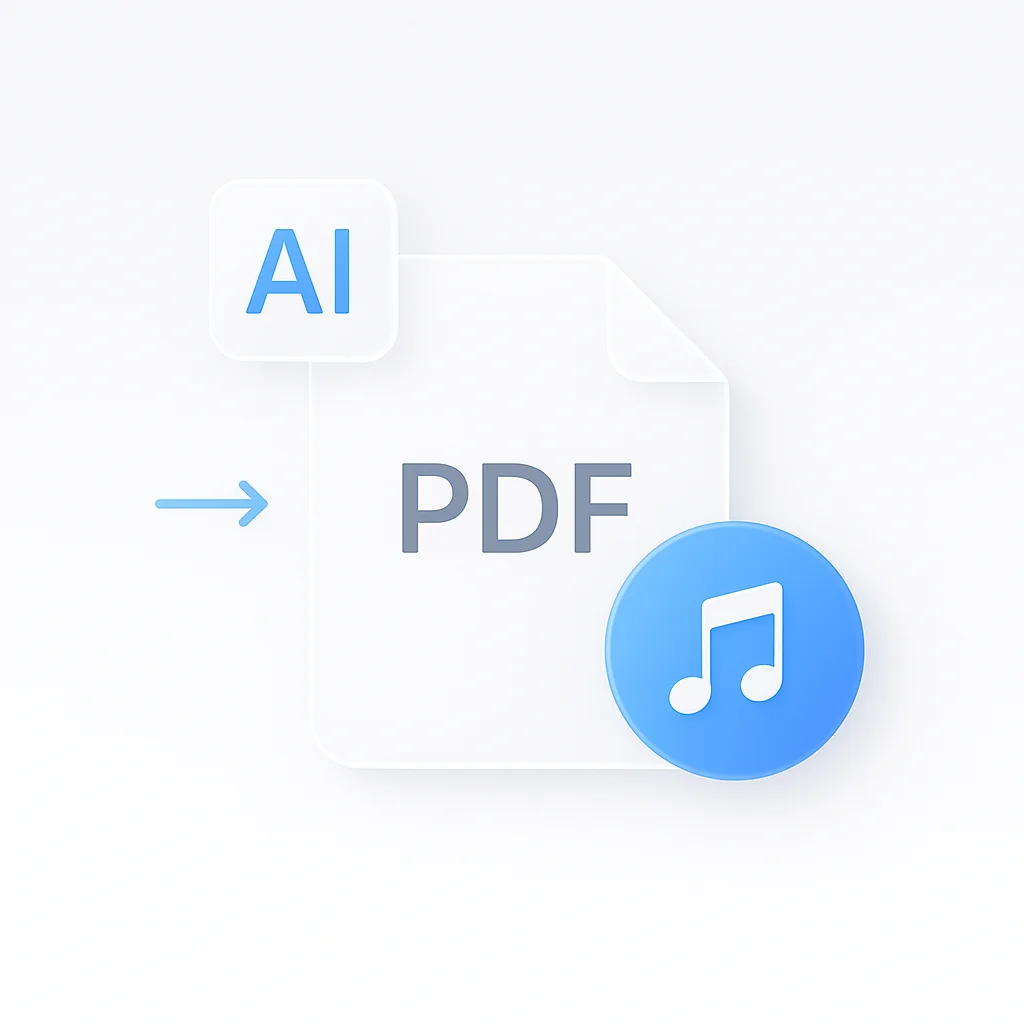The job interview: it’s the final boss of your job search. But what if you could practice with an expert, get instant feedback, and walk in knowing you’re ready for anything? In 2025, that expert is an AI interview assistant.
Gone are the days when interview preparation meant rehearsing in front of a mirror or paying hundreds for coaching sessions. Today’s AI interview copilots offer sophisticated feedback on everything from your speaking pace to answer structure, many providing powerful features completely free. Whether you need an AI interview bot for basic practice or a live interview AI assistant for real-time support, there’s a tool designed for your specific needs. For comprehensive meeting preparation, also explore our complete guide to automated meeting notes and how to take better meeting notes.
This is your definitive guide to the 10 best AI interview assistants of 2025. We’ve tested the top platforms that let you practice with realistic mock interviews, get instant actionable feedback, and transform interview anxiety into confidence. From completely free options to premium real-time coaching platforms, we cover everything you need to master your next interview.
How We Ranked the Best AI Interview Tools: Our 2025 Criteria
Before diving into our top picks, let’s establish what makes a truly effective AI interview coach. We evaluated each platform based on four critical factors that separate genuine practice tools from basic chatbots. For those who want to take their interview preparation to the next level, we offer a few tools that can help. Our AI meeting assistant can help you with all aspects of your meetings, from scheduling to follow-ups. We also have a video chatbot that can help you practice your interview skills in a conversational format. And for those who want to analyze their interviews, our interview analysis tool can provide valuable insights.
What Makes a Great AI Interview Coach?
Quality of Feedback: The best AI interview assistants go far beyond simple transcription. We prioritize tools that analyze speech pace, identify filler words, evaluate answer structure using frameworks like STAR method, and provide actionable improvement suggestions. Basic “good job” responses don’t cut it in 2025.
Realism and Customization: Top-tier platforms simulate authentic interview experiences with role-specific questions, company research integration, and adaptive follow-ups. The ability to paste job descriptions and generate tailored practice sessions separates professional tools from generic question databases.
Ease of Use: Interview preparation should reduce stress, not add to it. We favor platforms with intuitive interfaces, quick setup processes, and clear navigation that won’t overwhelm nervous job seekers. If you need a tutorial to start practicing, it’s not user-friendly enough.
Value of the Free Plan: We focus heavily on what you can accomplish without payment. The best free AI interview practice tools provide meaningful value not just 3-question teaser experiences designed to force upgrades.
Many professionals also benefit from recording their practice sessions for later analysis. ScreenApp’s interview recorder can capture your AI coaching sessions, allowing you to review your progress and track improvement over time. For additional note-taking support during interviews, consider our AI listen and take notes tools and top audio notetakers for 2024.
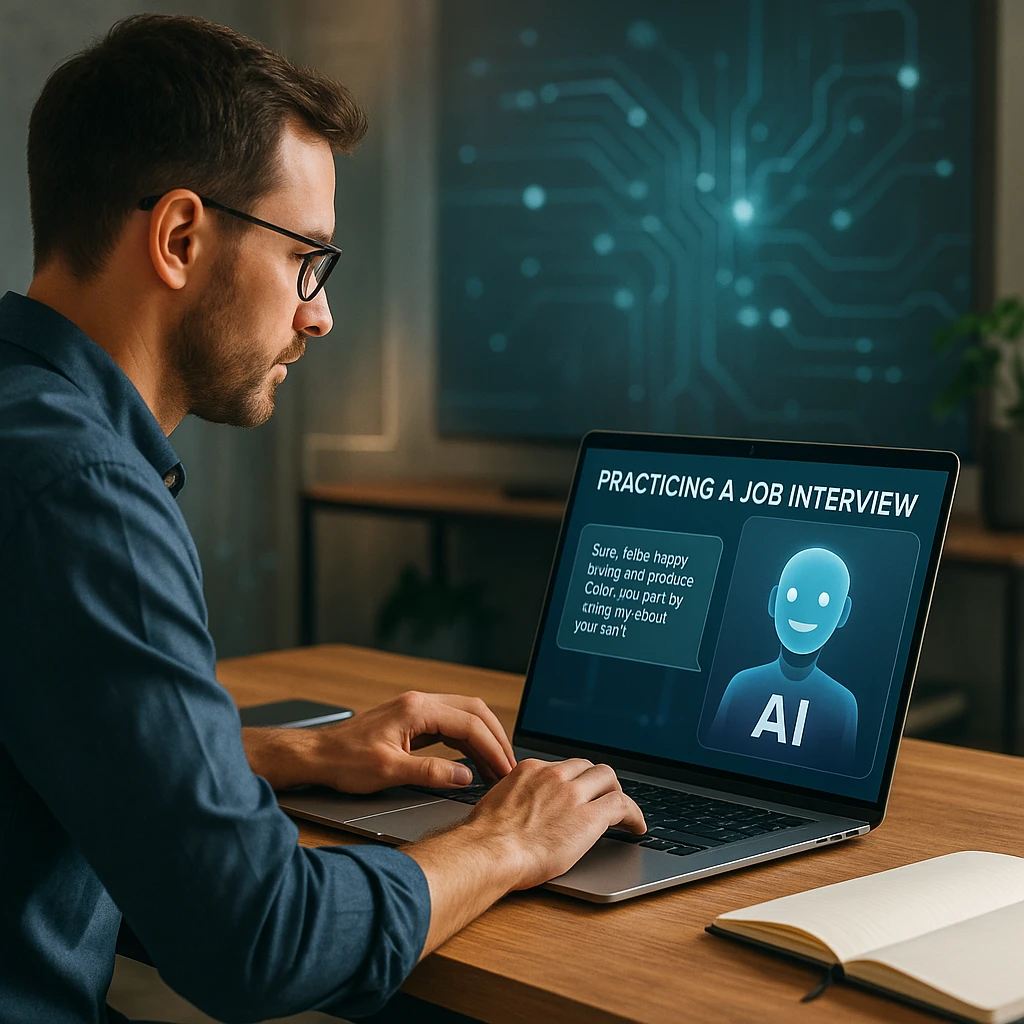
The 10 Best AI Interview Assistants of 2025
After extensive testing across various interview scenarios, job levels, and industries, here are the top 10 AI interview copilots that consistently deliver exceptional value and results. This comprehensive list covers everything from completely free tools to premium real-time coaching platforms.
| Platform | Best For | Key Features | Free Plan | Rating |
|---|---|---|---|---|
|
Teal InterviewAI
BEST OVERALL
Integrated Job Tracker
|
Complete free experience |
Unlimited practice
Resume integration
|
Extensive |
★★★★★
5.0/5
|
|
Live Copilot
|
Live interview support |
Real-time suggestions
Browser extension
|
Limited |
★★★★☆
4.5/5
|
|
Speech Analytics
|
Speech feedback |
Filler word analysis
Power scoring
|
Good |
★★★★☆
4.0/5
|
|
Google Official
|
Technical roles |
Role-specific questions
Answer structure
|
100% Free |
★★★★☆
4.0/5
|
|
Customization Pro
|
Job-specific prep |
JD analysis
Custom questions
|
Moderate |
★★★★☆
4.0/5
|
|
Real-time Coaching
|
Live coaching |
Question detection
Smart suggestions
|
Good |
★★★★☆
4.0/5
|
|
Multi-language
|
International interviews |
Auto-translation
Real-time answers
|
Limited |
★★★★☆
4.0/5
|
|
Desktop App
|
Desktop support |
Real-time transcripts
Experience integration
|
Limited |
★★★★☆
4.0/5
|
|
Audio Analysis
|
Audio coaching |
Live audio analysis
Instant transcription
|
Good |
★★★☆☆
3.5/5
|
|
ChatGPT and Gemini
Universal Tools
|
Versatility |
Question generation
Role-play
|
Excellent |
★★★★☆
4.0/5
|
Detailed Reviews: The Top 10 AI Interview Assistants
1. Teal InterviewAI - Best Overall Free Experience
Teal InterviewAI stands out as the most comprehensive free AI interview copilot available in 2025. Unlike standalone interview tools, it’s integrated into Teal’s powerful job search tracker, creating a seamless workflow from application to interview preparation.
Key Free Features:
- Unlimited Practice Sessions: No restrictions on daily or monthly usage
- Resume Integration: AI generates questions based on your actual resume and work experience
- Job-Specific Preparation: Pulls data from jobs you’ve saved in Teal for targeted practice
- Smart Question Generation: Creates behavioral, technical, and situational questions relevant to your field
- Performance Tracking: Monitors improvement over time with detailed session history
Strengths: Teal’s integration advantage cannot be overstated. When you save a job posting in their platform, the AI automatically generates interview questions specific to that role and company. This eliminates the manual work of copying job descriptions and creates more realistic practice scenarios.
The unlimited nature of their free plan makes it ideal for job seekers who need extensive preparation. Whether you’re practicing for entry-level positions or executive roles, Teal adapts its question complexity appropriately.
Limitations: The feedback tends to be more structural than analytical - it’ll help you organize your thoughts but won’t analyze speech patterns or delivery nuances like specialized tools.
Best For: Job seekers who want comprehensive preparation integrated with their job search workflow, especially those applying to multiple positions simultaneously.
2. Final Round AI - Best for Live Interview Support
Final Round AI is the only tool on our list that provides real-time assistance during actual interviews. This AI interview copilot extension sits alongside your video call, offering transcription and suggestions as the conversation unfolds.
Key Free Features:
- Browser Extension: Works with Zoom, Google Meet, Teams, and other platforms
- Real-Time Transcription: Live transcription of both interviewer questions and your responses
- Answer Suggestions: AI-powered prompts to help formulate responses on the fly
- Question Preparation: Pre-interview question generation based on job descriptions
- Confidence Tracking: Monitors speaking pace and confidence indicators
How It Works: Install the browser extension, join your interview call, and Final Round AI quietly operates in the background. When the interviewer asks a question, the AI suggests talking points and frameworks to structure your response. It’s like having a coach whispering in your ear.
Strengths: The real-time assistance can be invaluable for nervous interviewees or those facing unexpected questions. The transcription feature also creates a record of the interview for post-analysis.
Ethical Considerations: While Final Round AI operates discretely, consider the ethics of using live assistance tools. Many companies now explicitly ask about AI usage during interviews, and transparency is generally the best policy.
Limitations: The free plan offers limited real-time sessions. The AI suggestions, while helpful, require quick reading and mental processing during live conversations.
Best For: Experienced professionals who want backup support during high-stakes interviews, particularly for executive or technical roles where unexpected questions are common.
3. Vocktail - Best for Speech and Delivery Feedback
Vocktail takes a unique approach by focusing heavily on how you say things, not just what you say. This AI interview bot analyzes your speech patterns, delivery, and vocal confidence with remarkable precision.
Key Free Features:
- Filler Word Analysis: Detailed tracking of “um,” “ah,” “like,” and other verbal tics
- Pace Analysis: Identifies if you’re speaking too quickly or too slowly
- Power Score: Proprietary algorithm that rates answer strength and confidence
- Tone Analysis: Evaluates vocal confidence and enthusiasm levels
- Practice Recommendations: Targeted suggestions for improving specific speech patterns
The Power Score System: Vocktail’s standout feature is its Power Score, which rates your answers on multiple dimensions including clarity, confidence, and persuasiveness. This quantified feedback helps track improvement over time and identifies specific areas for development.
Strengths: Exceptional for candidates who struggle with public speaking or have strong content but weak delivery. The speech analytics provide insights you can’t get from text-based feedback systems.
Limitations: Less comprehensive than other platforms for content development and question generation. The focus on delivery means less attention to answer structure and storytelling frameworks.
Best For: Job seekers who have good content but need help with presentation skills, non-native English speakers working on clarity, and anyone who gets nervous during verbal communication.
4. Google Interview Warmup - Best for Technical Roles
Developed by Google as part of their career certificate programs, Interview Warmup offers completely free access to role-specific interview practice with no hidden limitations or upgrade prompts.
Key Free Features:
- Role-Specific Questions: Tailored questions for Data Analytics, Project Management, UX Design, IT Support, and more
- Answer Structure Guidance: Framework suggestions for organizing responses effectively
- Industry Focus: Questions based on real interview scenarios from major tech companies
- Completely Free: No premium tiers or usage restrictions
- Google Credibility: Questions developed by Google’s hiring team
Technical Interview Excellence: Google Interview Warmup excels at technical and competency-based questions. Rather than generic behavioral questions, you’ll practice scenarios like “Walk me through how you’d analyze website traffic data” or “Describe your process for managing conflicting stakeholder requirements.”
Strengths: The completely free model with no catches makes it accessible to everyone. Questions feel authentic because they’re developed by actual hiring managers at one of the world’s most selective companies.
Limitations: Limited to specific career tracks-not ideal for roles outside their certificate programs. The feedback is more structural than analytical, focusing on completeness rather than delivery nuances.
Best For: Anyone targeting roles in data, project management, UX design, or IT support, particularly those interested in careers at major tech companies.
5. Interview Prep.AI - Best for Job-Specific Customization
Interview Prep.AI’s strength lies in its ability to analyze specific job descriptions and generate highly relevant, targeted interview questions. This AI interview helper transforms generic preparation into laser-focused practice sessions.
Key Free Features:
- Job Description Analysis: Upload or paste job postings for customized question generation
- Multi-Category Questions: Behavioral, technical, situational, and company-specific questions
- Industry Adaptation: Questions tailored to specific industries and seniority levels
- Skills Mapping: Identifies key competencies from job descriptions and creates relevant scenarios
- Interview Templates: Pre-built question sets for common roles and industries
Customization Power: The platform analyzes job descriptions to identify critical skills, responsibilities, and company values, then generates questions that test these specific areas. This approach ensures your practice directly aligns with what interviewers will likely ask.
Strengths: Highly targeted preparation that goes beyond generic interview questions. The AI understands context a “leadership” question for a manager position differs significantly from one for a senior individual contributor.
Limitations: The free plan limits the number of job descriptions you can analyze monthly. Less focus on delivery feedback compared to speech-focused platforms.
Best For: Job seekers applying to specific positions who want their practice to directly mirror likely interview questions, particularly useful for career changers or those targeting new industries.
6. ChatGPT and Google Gemini: Best for Versatility and Question Generation
While not dedicated interview platforms, ChatGPT and Google Gemini serve as incredibly powerful AI interview helpers when used strategically. Their flexibility and advanced language capabilities make them excellent supplements to specialized tools.
Key Advantages:
- Unlimited Question Generation: Create endless, varied interview questions for any role or industry
- Role-Playing Capability: AI can assume the persona of hiring managers from specific companies
- Multi-Round Simulation: Practice entire interview processes, including follow-up questions
- Answer Analysis: Detailed feedback on response structure, content, and improvement areas
- Scenario Creation: Generate complex case studies and situational questions
Strategic Usage: These platforms excel when given specific, detailed prompts. Instead of asking “Give me interview questions,” try “Act as a hiring manager at [Company] for a [Position]. Based on this job description [paste], conduct a behavioral interview focusing on leadership and problem-solving scenarios.”
Advanced Integration: Many professionals record their ChatGPT interview sessions using ScreenApp’s screen recorder to create a library of practice sessions they can review later. This combination of AI coaching and session recording creates a comprehensive preparation system.
Limitations: Requires more manual setup and prompt engineering compared to dedicated platforms. No built-in speech analysis or specialized interview frameworks.
Best For: Experienced job seekers comfortable with prompt engineering, those wanting maximum flexibility in question types, and candidates preparing for unique or highly specialized roles.
7. Acedit.ai - Best for Real-Time Coaching
Acedit.ai combines mock interview practice with live coaching during actual interviews. This Chrome extension provides invisible real-time support that adapts to your experience and the specific questions being asked.
Key Features:
- Live Question Detection: Instantly recognizes interview questions during real calls
- Smart Response Suggestions: AI-generated responses tailored to your experience and the role
- Realistic Mock Interviews: Practice sessions that mirror real interview conditions
- Invisible Operation: Completely undetectable during video calls with one-click hide feature
- Personalized Coaching: Responses based on your LinkedIn profile and uploaded resume
Real-Time Coaching Excellence: What sets Acedit apart is its ability to provide contextual assistance during live interviews. The AI analyzes the question being asked and suggests talking points based on your specific background and the role requirements.
Strengths: Seamless integration between practice and performance phases. The real-time suggestions are highly personalized and relevant to your actual experience.
Limitations: Requires Chrome browser and registration for full functionality. The free plan has usage limits on AI-assisted interviews.
Best For: Professionals who want comprehensive preparation that seamlessly transitions into live interview support, particularly useful for career pivots and high-stakes interviews.
8. Beyz AI - Best for International Interviews
Beyz AI specializes in supporting candidates interviewing across language barriers and cultural differences. This tool excels at real-time translation and culturally appropriate response suggestions.
Key Features:
- Auto-Translation: Real-time translation of interview conversations
- Cultural Adaptation: Response suggestions adapted to local business cultures
- Universal Meeting Compatibility: Works with all major video conferencing platforms
- Real-Time Answer Suggestions: Contextual responses tailored to your background
- Language Learning Support: Helps improve English proficiency during interview practice
International Interview Excellence: Beyz AI understands the unique challenges faced by international candidates and provides support that goes beyond simple translation to include cultural context and appropriate business communication styles.
Strengths: Unmatched for non-native English speakers and international job seekers. The cultural adaptation features provide valuable context that other tools miss.
Limitations: Less comprehensive for native English speakers or domestic job searches. The free plan offers limited real-time assistance sessions.
Best For: International job seekers, non-native English speakers, and anyone interviewing for positions in different countries or cultures.
9. AIApply Interview Buddy - Best Desktop Application
AIApply Interview Buddy offers a dedicated desktop application for Windows and macOS, providing real-time interview support that operates independently of browser-based solutions.
Key Features:
- Desktop Application: Native app for Windows and macOS with superior performance
- Real-Time Transcripts: Live transcription with high accuracy rates
- Experience Integration: Pulls from your work history to personalize responses
- Screen Sharing Compatible: One-click hide functionality for safe screen sharing
- Instant Guidance: On-the-spot support for unexpected questions
Desktop Advantage: The native application approach provides better performance and reliability compared to browser extensions, with enhanced privacy features and system integration.
Strengths: More stable and feature-rich than browser-based alternatives. Excellent integration with your existing work experience and achievements.
Limitations: Requires software installation and may not work on all corporate networks. Limited free plan with usage restrictions.
Best For: Professionals who prefer native applications, those with restricted browser environments, and candidates who need reliable, high-performance interview support.
10. Sensei AI - Best for Audio Analysis
Sensei AI focuses on advanced audio analysis and structured response delivery, providing detailed feedback on your vocal delivery and communication patterns.
Key Features:
- Live Audio Analysis: Real-time analysis of speech patterns and vocal delivery
- Instant Transcription: High-accuracy transcription with speaker identification
- Hands-Free Operation: Voice-activated controls for seamless interview flow
- Performance Review: Detailed post-interview analysis and improvement suggestions
- Structured Delivery: Helps organize responses using proven frameworks
Audio Analysis Excellence: Sensei AI’s sophisticated audio processing provides insights into vocal confidence, pace variations, and delivery patterns that impact interview performance.
Strengths: Advanced audio analysis capabilities that go beyond basic speech recognition. Excellent for improving overall communication skills.
Limitations: Newer platform with fewer features than established competitors. Limited integration with job search workflows.
Best For: Candidates who want to improve their overall communication skills, those preparing for audio-only interviews, and professionals in voice-focused roles.
How to Use an AI Copilot to Prepare for a Specific Job
The most effective interview preparation isn’t generic practice it’s targeted simulation of your actual upcoming interview. Here’s a step-by-step approach to maximize your AI interview assistant’s effectiveness.
Step 1: Gather Your Intelligence
Job Description Analysis: Copy the complete job posting, including responsibilities, requirements, and company information. Pay special attention to required skills, preferred qualifications, and company values mentioned.
Company Research: Research the company’s mission, recent news, competitors, and workplace culture. This context helps AI generate more realistic, company-specific questions.
Resume Review: Ensure your resume is current and identifies potential question areas: gaps in employment, career changes, specific achievements that might warrant deeper exploration.
Step 2: Generate Custom Questions
Use your chosen AI platform to create a targeted question bank:
For Teal InterviewAI: Save the job in your Teal account and let the platform automatically generate questions based on the role and your profile.
For Interview Prep.AI: Upload the job description and specify your experience level for customized question generation.
For ChatGPT/Gemini: Use this proven prompt: “Act as a hiring manager at [Company Name] for the [Job Title] position. Based on this job description [paste full description], generate 15 interview questions covering behavioral, technical, and cultural fit areas. Include follow-up questions for key areas.”
Step 3: Structure Your Practice Sessions
Round 1: Basic Familiarity - Practice standard questions like “Tell me about yourself” and “Why do you want this role?” Focus on smooth delivery and clear messaging.
Round 2: Behavioral Deep Dive - Tackle complex STAR method questions that explore specific competencies mentioned in the job description.
Round 3: Technical and Situational - Address role-specific scenarios and problem-solving questions that test job-relevant skills.
Round 4: Company and Culture - Practice questions about company fit, values alignment, and industry knowledge.
For teams preparing multiple candidates, ScreenApp’s meeting transcription can help capture group coaching sessions and create shared resources for interview preparation.
Step 4: Analyze and Refine Your Performance
Content Analysis: Did your answers include keywords from the job description? Were your examples relevant and compelling? Did you demonstrate the specific competencies they’re seeking?
Structure Review: For behavioral questions, ensure you’re following STAR method (Situation, Task, Action, Result). For technical questions, verify logical flow and clear explanations.
Delivery Assessment: If using speech-focused tools like Vocktail, pay attention to pace, filler words, and confidence indicators.
Step 5: Create Your Interview Arsenal
Develop and practice a toolkit of adaptable responses:
Core Stories: 5-7 strong examples that demonstrate key competencies and can be adapted to various questions Technical Explanations: Clear, jargon-free explanations of your most relevant technical skills Company Connections: Specific reasons why you’re interested in this particular company and role Future Vision: Thoughtful responses about your career goals and how this position fits your trajectory
Using General AI Tools as Advanced Interview Helpers
While dedicated platforms offer specialized features, general AI tools like ChatGPT and Google Gemini can provide incredibly sophisticated interview preparation when used strategically.
Best AI Prompts for Interview Practice
1. For Comprehensive Question Generation:
These prompts help create a complete interview simulation covering all essential aspects:
Key Components:
- Warm-up Questions: Get comfortable and build rapport
- Behavioral Questions: Using STAR method
- Technical Questions: Role-specific expertise
- Culture Fit: Company alignment
- Closing Questions: Show continued interest
The Master Prompt:
"You are an experienced hiring manager at [Company Name] interviewing candidates for [Job Title]. Based on this job description: [paste full description], create a realistic 45-minute interview simulation including:
1. 3 warm-up questions
2. 5 behavioral questions using STAR method
3. 4 technical/role-specific questions
4. 2 company culture fit questions
5. 2 closing questions
For each question, include what you're evaluating and what constitutes a strong answer."2. For Answer Practice and Feedback:
This prompt helps you get detailed feedback on your interview responses:
Evaluation Criteria:
- Clarity and structure
- Relevance to question
- Use of specific examples
- Professional impact
- Areas for improvement
The Feedback Prompt:
"I'm preparing for an interview. I'll provide you with an interview question, give my answer, and I want you to evaluate it based on:
- Clarity and structure
- Relevance to the question
- Use of specific examples
- Professional impact
- Areas for improvement
Here's the question: [paste question]
Here's my answer: [paste your response]"3. For Industry-Specific Preparation:
This prompt generates role-specific scenarios and case studies:
Focus Areas:
- Industry trends
- Technical challenges
- Problem-solving scenarios
- Current market conditions
- Role-specific situations
The Industry Expert Prompt:
"Act as a [Industry] expert interviewing for [Specific Role]. Create challenging scenarios and case studies that test practical knowledge and problem-solving skills. Include current industry trends and realistic challenges someone in this role would face."4. For Advanced Simulation Techniques:
These prompts help practice different interview formats:
Multi-Round Interview:
"Act as a hiring team conducting a [First/Second/Final] round interview for [Position]. Focus on [specific areas relevant to this stage] and provide increasingly challenging follow-up questions based on my responses."Panel Interview:
"Simulate a panel interview with three interviewers: a technical lead, HR manager, and team lead. Each should ask questions from their perspective about [specific job responsibilities and requirements]."Stress Interview:
"Create challenging or unexpected interview scenarios that test my ability to handle pressure, including difficult questions about [career gaps/changes/challenges] and complex problem-solving situations."5. For Cultural and Values Assessment:
These prompts focus on company fit and values alignment:
Values Alignment:
"Based on [Company]'s core values of [list values], create interview questions that assess cultural fit while allowing me to demonstrate my alignment with these values."Workplace Scenarios:
"Generate realistic workplace scenarios that test my ability to handle:
1. Cross-functional collaboration
2. Conflict resolution
3. Change management
4. Ethical decision-making
5. Leadership challenges"Understanding Your AI Feedback: What to Actually Focus On
AI interview assistants provide various types of feedback, but knowing what to prioritize can make the difference between surface-level improvement and genuine transformation of your interview performance.
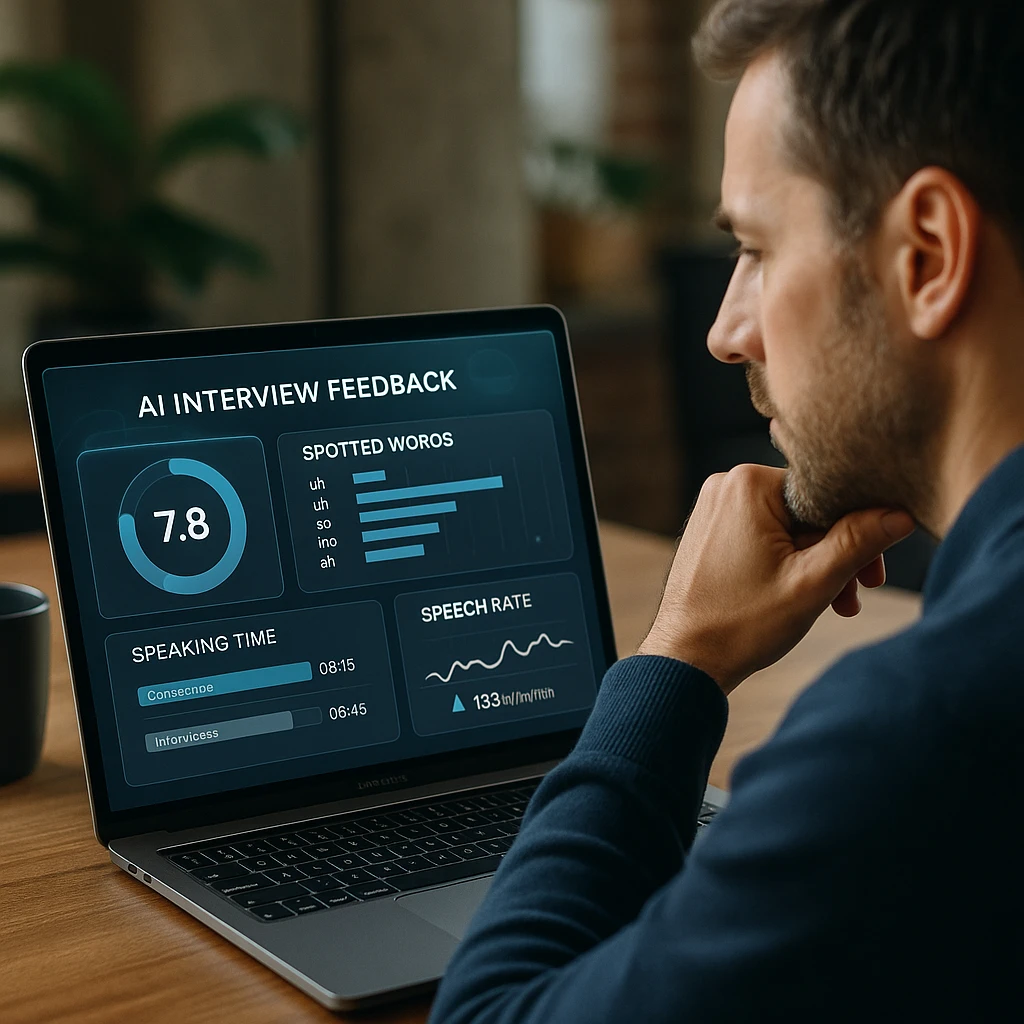
Speech and Delivery Metrics
Pace Analysis: Optimal speaking pace for interviews is 140-160 words per minute. Too fast suggests nervousness; too slow can indicate lack of confidence or preparation. AI tools like Vocktail excel at identifying pace issues and providing specific improvement targets.
Filler Word Tracking: Professional speakers use fewer than 2-3 filler words per minute. AI feedback helps identify patterns do you say “um” when thinking or “like” when explaining complex concepts? Awareness is the first step to elimination.
Confidence Indicators: Advanced AI analyzes vocal qualities like volume consistency, pitch variation, and pause patterns that signal confidence or uncertainty. These subtle markers often matter more than content quality.
Content and Structure Analysis
STAR Method Adherence: For behavioral questions, AI feedback evaluates whether your answers include all four components: Situation (context), Task (your responsibility), Action (what you did), and Result (outcome). Incomplete STAR responses leave interviewers wanting more detail.
Keyword Integration: Does your response include terminology from the job description? AI analysis identifies when you’re speaking in general terms versus demonstrating specific relevance to the role.
Example Quality: Strong answers include specific metrics, clear outcomes, and lessons learned. AI feedback distinguishes between vague accomplishments (“improved sales”) and compelling evidence (“increased regional sales by 23% over 6 months through targeted client outreach”).
Advanced Performance Indicators
Answer Completeness: Did you fully address the question or get sidetracked? AI tools track whether responses directly answer what was asked while providing sufficient supporting detail.
Professional Positioning: Are you positioning yourself as a problem-solver and value-creator, or just describing tasks? The best interview answers demonstrate impact and forward-thinking.
Adaptability Signals: How well do you handle follow-up questions or requests for clarification? This often separates good candidates from great ones.
For professionals managing multiple interview preparations, ScreenApp’s video analyzer can provide additional insights into body language and visual presentation that complement AI speech feedback.
Moving Beyond Basic Practice: Advanced AI Interview Strategies
Scenario-Based Preparation
Use AI to create complex, multi-layered scenarios that mirror real workplace challenges:
Crisis Management Simulation: “You’re two weeks into a new role when your key vendor fails to deliver critical components for a product launch. Walk me through your approach to managing this situation.”
Stakeholder Conflict Resolution: “Two department heads have conflicting priorities for a project you’re managing. How do you navigate this situation while maintaining project momentum?”
Resource Constraint Challenges: “Your team’s budget has been cut by 30% but deliverables remain the same. How do you adjust your strategy and communicate with stakeholders?”
Industry-Specific Deep Dives
Technology Roles: Practice explaining complex technical concepts to non-technical stakeholders, discussing system architecture decisions, and handling technical debt scenarios.
Sales and Business Development: Simulate difficult client conversations, objection handling, and territory planning discussions.
Management and Leadership: Practice team building scenarios, performance management conversations, and strategic planning discussions.
Creative and Marketing: Defend creative decisions, discuss ROI measurement for brand campaigns, and handle client feedback scenarios.
Cultural and Values Assessment
Many modern interviews focus heavily on cultural fit and values alignment. Use AI to practice questions like:
- “Describe a time when you had to work with someone whose values differed significantly from yours”
- “How do you handle situations where company policy conflicts with what you believe is right?”
- “Give an example of when you went above and beyond your job requirements”
These questions require nuanced, thoughtful responses that demonstrate self-awareness and emotional intelligence.
The Future of AI Interview Preparation
Emerging Capabilities
Real-Time Emotion Analysis: Next-generation AI tools will analyze facial expressions, voice stress patterns, and micro-expressions to provide comprehensive feedback on interview presence.
Predictive Interview Modeling: AI will soon predict likely interview questions based on company hiring patterns, interviewer backgrounds, and industry trends.
Personalized Coaching Algorithms: Machine learning will create individualized improvement plans based on your specific weaknesses and target role requirements.
Virtual Reality Integration: Immersive VR interview simulations will provide realistic practice environments with body language and eye contact feedback.
Integration with Professional Development
AI interview assistants are evolving beyond preparation tools into comprehensive career coaching platforms that help with:
- Performance Review Preparation: Practice difficult conversations and goal-setting discussions
- Salary Negotiation Training: Simulate compensation discussions with various scenarios and outcomes
- Leadership Communication: Develop skills for board presentations, team meetings, and stakeholder updates
- Career Transition Planning: Practice explaining career changes and positioning new experiences effectively
For professionals documenting their career development journey, ScreenApp’s content transcription services can help capture and organize insights from AI coaching sessions, creating a valuable resource for ongoing professional growth.
Conclusion
The landscape of AI interview preparation has transformed dramatically in 2025, offering sophisticated coaching that was previously available only to executive-level candidates with professional coaches. With 10 distinct tools each serving different needs, you can create a comprehensive preparation strategy tailored to your specific situation.
For Most Job Seekers: Start with Teal InterviewAI for unlimited free practice and job integration, supplement with ChatGPT/Gemini for custom scenarios, and use Google Interview Warmup for role-specific technical questions.
For Live Interview Support: Choose between Final Round AI for browser-based assistance, Acedit.ai for personalized coaching, or AIApply Interview Buddy for desktop applications depending on your technical preferences.
For Speech Improvement: Vocktail leads in delivery analysis, while Sensei AI offers advanced audio processing for vocal pattern improvement.
For International Candidates: Beyz AI provides unmatched translation and cultural adaptation features for cross-border interviews.
For High-Stakes Interviews: Combine multiple tools: Final Round AI or Acedit.ai for live assistance, Vocktail for speech coaching, and Interview Prep.AI for job-specific preparation.
For Technical Roles: Google Interview Warmup for structured practice, supplemented by ChatGPT/Gemini for advanced case studies and system design scenarios.
For Nervous Interviewees: Focus on Vocktail’s confidence-building feedback paired with unlimited practice using Teal InterviewAI and Google Interview Warmup.
The most successful candidates in 2025 aren’t just those with the best qualifications. They’re those who combine strong experience with polished presentation skills. AI interview assistants democratize access to professional-level coaching, but success still requires consistent practice and thoughtful application of feedback.
Remember that an AI interview copilot is your personal coach, available 24/7 to help you refine your story, practice difficult scenarios, and build genuine confidence. By using these tools strategically and consistently, you can walk into any interview room-virtual or physical knowing you’re prepared for whatever questions come your way.
The question isn’t whether AI can help you get a job. It’s how effectively you’ll use these powerful tools to transform your interview performance and land the role you deserve.
Frequently Asked Questions
Can an AI really help me get a job?
Yes, AI interview assistants significantly improve interview performance by providing structured practice, identifying speech patterns you might miss, and offering 24/7 availability for preparation. Studies show candidates who practice with AI tools demonstrate better answer organization, increased confidence, and improved communication clarity. However, AI is a preparation tool your experience, qualifications, and genuine enthusiasm remain the primary factors in hiring decisions.
What is the best free AI interview bot with no sign-up required?
Google Interview Warmup offers the most comprehensive free experience without requiring account creation. However, most effective AI interview tools require registration to provide personalized feedback and track progress. Teal InterviewAI offers the best overall free experience with sign-up, providing unlimited practice sessions and integrated job tracking.
Is it considered cheating to use an AI interview assistant?
Using AI for interview preparation is similar to working with a human coach. It’s widely accepted and encouraged. However, using real-time AI assistance during live interviews (like Final Round AI) exists in a gray area. Many companies now explicitly ask about AI usage during interviews. When in doubt, transparency is the best policy. Disclose AI assistance if asked directly.
Are AI tools effective for technical or case study interviews?
Yes, particularly for structured practice. Google Interview Warmup excels at technical role preparation, while ChatGPT and Gemini can generate complex case studies specific to your industry. AI tools help you practice explaining technical concepts clearly, working through systematic problem-solving approaches, and handling follow-up questions. However, they can’t replace deep technical knowledge they enhance how you communicate what you already know.
How does Final Round AI work during a live interview?
Final Round AI operates as a browser extension that joins your video call (Zoom, Google Meet, etc.) and provides real-time transcription of the conversation. When interviewers ask questions, the AI suggests talking points and frameworks to structure your response. It appears as a small window on your screen that only you can see. The free plan offers limited usage, while paid plans provide unlimited real-time assistance.
What’s the difference between AI interview practice and traditional mock interviews?
AI interview assistants offer several advantages: 24/7 availability, objective feedback without human bias, infinite patience for repetitive practice, and consistency in evaluation criteria. They excel at speech analysis, answer structure feedback, and generating diverse question sets. Traditional mock interviews with humans provide better evaluation of body language, emotional intelligence, and authentic conversation flow. The best preparation combines both approaches.
Can AI interview tools help with salary negotiation?
Yes, advanced AI tools can simulate salary negotiation conversations, helping you practice confidence-building language, handle counteroffers, and structure value-based arguments. ChatGPT and Gemini are particularly effective for this, as you can role-play various negotiation scenarios and practice responses to different employer reactions. However, research actual salary ranges and company compensation structures remains essential.
How much practice time should I spend with AI interview tools?
For most candidates, 3-5 hours of focused AI practice over one week provides significant improvement. Distribute this as: 2 hours for basic question practice, 1-2 hours for job-specific scenarios, and 1 hour for speech and delivery refinement. Avoid over-practicing to the point where responses sound rehearsed. Quality, targeted practice beats quantity every time.
Do AI interview assistants work for all industries and job levels?
Most AI tools adapt well to different industries and experience levels, but effectiveness varies. They excel for business, technology, sales, and management roles where structured communication is valued. Creative fields requiring portfolio presentations may benefit less from traditional interview AI but can still use these tools for client pitch practice. Executive-level candidates find AI useful for board presentation practice and stakeholder communication scenarios.
What should I do if the AI’s feedback contradicts advice from human coaches?
AI feedback focuses on measurable elements like speech pace, filler words, and answer structure, while human coaches evaluate softer skills like authenticity and emotional connection. When feedback conflicts, consider the context: follow AI guidance for technical improvements (pace, structure) and human advice for authenticity and relationship-building aspects. The best approach combines both perspectives for well-rounded preparation.
